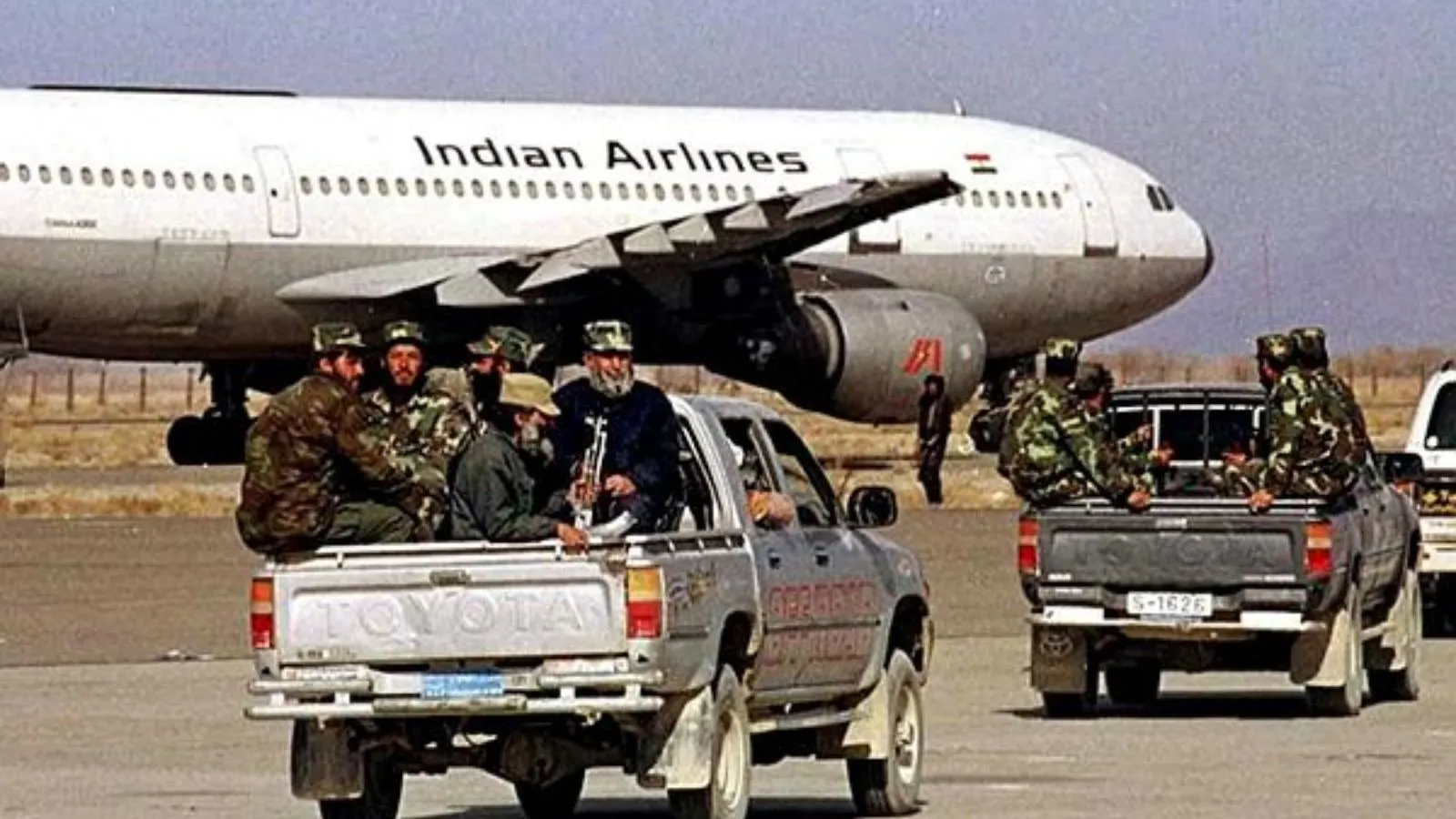In the annals of aviation history, the hijacking of Indian Airlines Flight 814 stands out as a dramatic and harrowing event that tested international diplomacy, crisis management, and counter-terrorism measures. This incident, which unfolded in December 1999, remains a pivotal moment in the ongoing struggle against terrorism and has had lasting implications for aviation security and international relations.
The Incident
Indian Airlines Flight 814, a domestic flight from Kathmandu, Nepal to Delhi, India, was hijacked on December 24, 1999. The aircraft, an Airbus A300, was carrying 189 passengers and crew members when it was seized by five armed militants from the Pakistani-based extremist group, the Harkat-ul-Mujahideen. The hijackers demanded the release of several of their comrades imprisoned in India, along with a ransom of $200 million.
The Crisis Unfolds
The hijacking quickly became a high-stakes drama as the aircraft made multiple stops, including in Lahore, Pakistan, and Dubai, UAE. The international community watched closely as the situation evolved, with governments and negotiators working tirelessly to resolve the crisis without further endangering the lives of those on board.
Throughout the ordeal, the hijackers maintained a highly volatile situation, threatening to kill passengers and crew if their demands were not met. The situation was exacerbated by the complex interplay of political, national, and international interests, with various parties involved in the negotiations and response efforts.
Negotiation and Resolution
The crisis reached a critical point when, on December 31, 1999, the Indian government, under intense pressure and in the face of mounting risk to the hostages, agreed to release three prominent terrorists in exchange for the safety of the passengers. The decision was deeply controversial and sparked a heated debate within India and globally. The released terrorists included Maulana Masood Azhar, who later founded the Jaish-e-Mohammed terrorist group, which was responsible for numerous other attacks in the region.
The aircraft finally landed safely in Dubai, and the passengers were released unharmed. However, the resolution of the crisis left many questions unanswered and led to widespread criticism of the Indian government is handling of the situation.
Increased Security Measures
The incident highlighted the need for enhanced security protocols in aviation. It led to significant improvements in passenger screening, cockpit security, and international cooperation in counter-terrorism efforts.
Diplomatic Strain
The hijacking strained relations between India and Pakistan, and it intensified global scrutiny of Pakistan role in supporting terrorism. It also influenced future diplomatic interactions and anti-terrorism strategies in the region.
Terrorist Activities
The release of the terrorists had a profound impact on regional security, as some of the freed individuals went on to orchestrate further attacks. The incident underscored the challenges of negotiating with terrorists and the potential long-term consequences of such negotiations.
Public Perception
The crisis significantly affected public perception of government and security agencies ability to handle high-stress situations. It also sparked discussions on the ethics and efficacy of negotiating with terrorists.
Legacy and Lessons Learned
The Indian Airlines Flight 814 hijacking remains a stark reminder of the complexities involved in addressing terrorism and managing crises. It serves as a case study in the delicate balance between negotiating for the safety of hostages and the broader implications of such negotiations on global security and diplomacy.
The lessons learned from this incident continue to shape counter-terrorism policies and aviation security protocols. It also serves as a reminder of the human cost of terrorism and the ongoing need for international cooperation and vigilance in the fight against extremism.
In remembering this tragic event, we honor the resilience of the passengers and crew who endured a harrowing ordeal and reflect on the continuing challenges of ensuring safety and security in an increasingly complex world.






Blog Comments